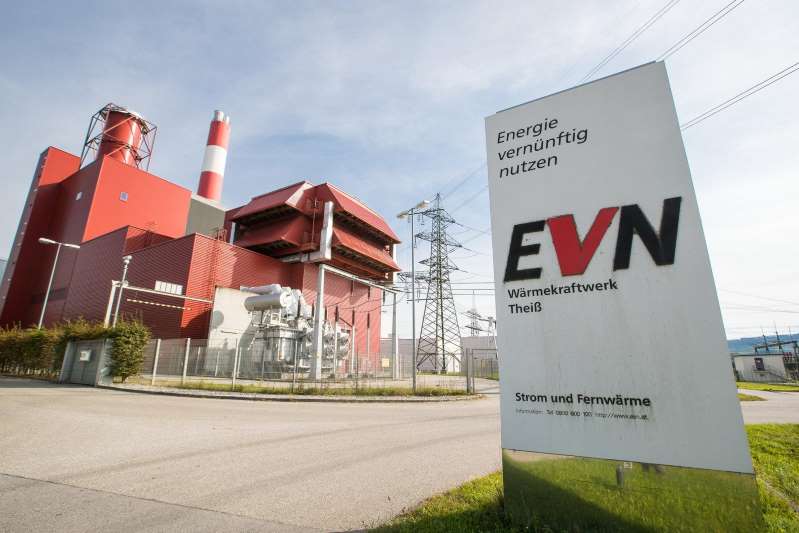EVN: Don't rely on nuclear and coal-fired power plants in Austria's neighboring countries

As a result of the strong frequency drop in the European power grid on Friday, according to Wien Energie, Europe only barely missed a widespread power failure. In Austria, too, many power plants immediately supplied energy to stabilize the grid and the safety network took effect – but such fire brigade operations are not a viable business model in the long term, “warns Wien Energie Managing Director Michael Strebl.
“Like the fire brigade, our power plants are available around the clock and help out when there is a fire in the domestic power grid,” Strebl said in a statement on Sunday. Shortly before Christmas, parliament decided to reorganize the network reserve and thus created legal certainty for the time being, “however, there are many open questions for the operators about long-term maintenance,” said Strebl. “We need a fair regulation, appropriate compensation and security for investments in maintenance or the construction of new power plants. Fire brigade operations are not a viable business model in the long term.”
The increased expansion of renewable energies and thus the volatile generation of wind and solar power led to ever greater fluctuations in the power grids. “The number of emergency calls is increasing dramatically. Up until a few years ago, Wien Energie only had to ramp up electricity generation for short periods around 15 times, in recent years this has been the case up to 240 times a year for grid stabilization.” Gas-fired power plants are essential for security of supply. Wien Energie aims to switch to green gas in the medium term.
The Lower Austrian electricity supplier EVN has also called for consequences after the “near blackout”. “Some major customers have contacted us because sensitive machines have already felt the frequency drop,” said EVN spokesman Stefan Zach to ORF. “If the fluctuations are too high, machines switch off to protect themselves.” According to Zach, this could also happen at power plants, “and then it becomes critical”.
In Lower Austria, the Theiss power plant near Krems serves as a buffer for cases like on Friday. According to Zach, this alone would not be enough: “For security of supply, Austria is increasingly relying on nuclear and coal-fired power plants in our neighborhood.” EVN is therefore calling for new legal framework conditions for the continued operation of existing gas-fired power plants and incentives to build new, flexible and quick-start gas turbines in Austria and, in the event of an emergency, get by without electricity from coal and nuclear power plants in neighboring countries. According to Zach, wind, sun and hydropower are not suitable for increasing production in the shortest possible time, even if “the future belongs of course to natural energy”.

